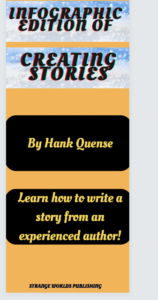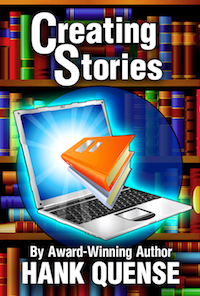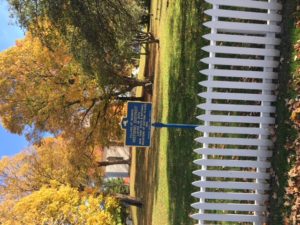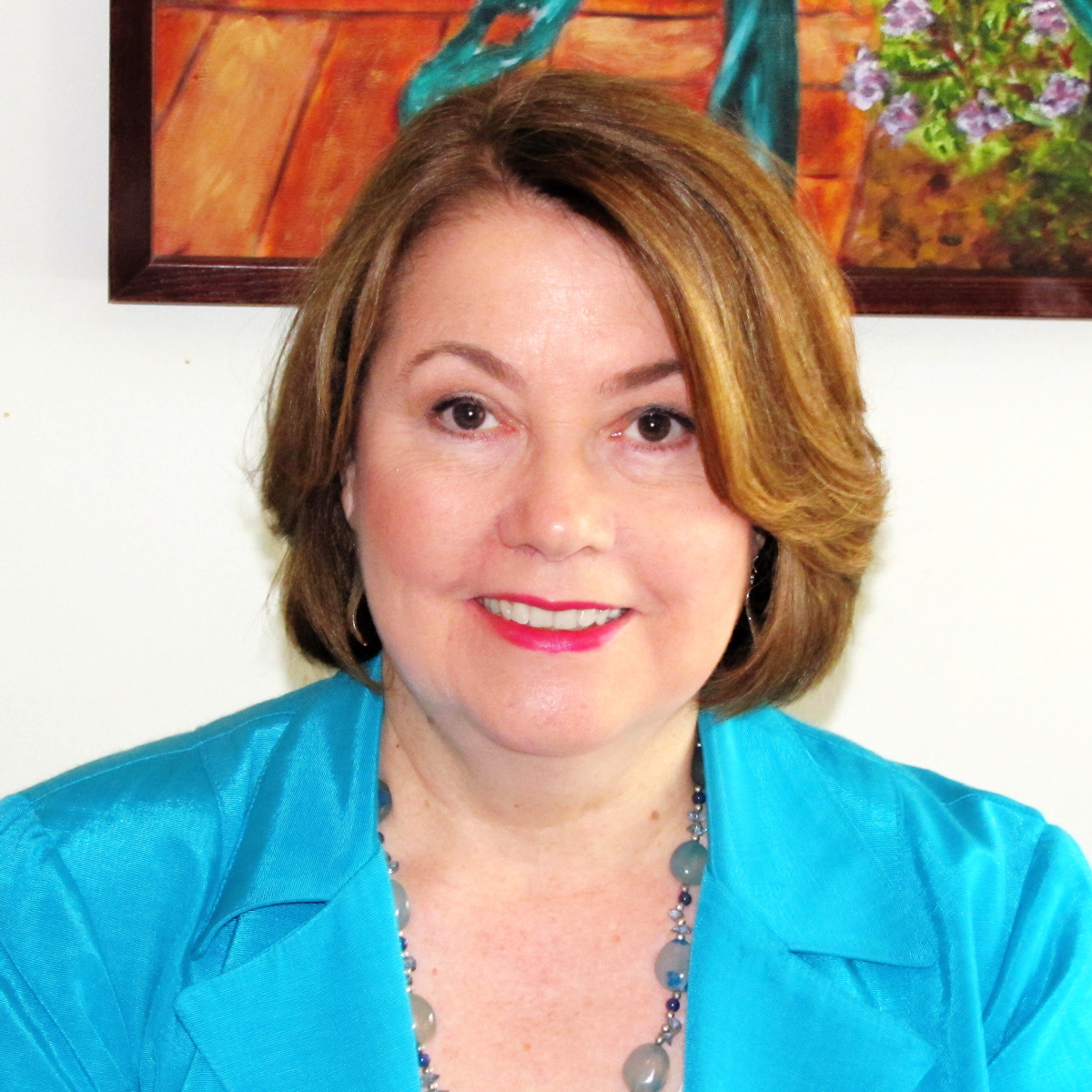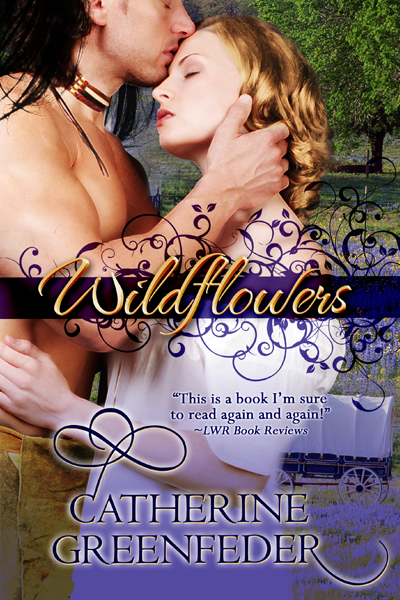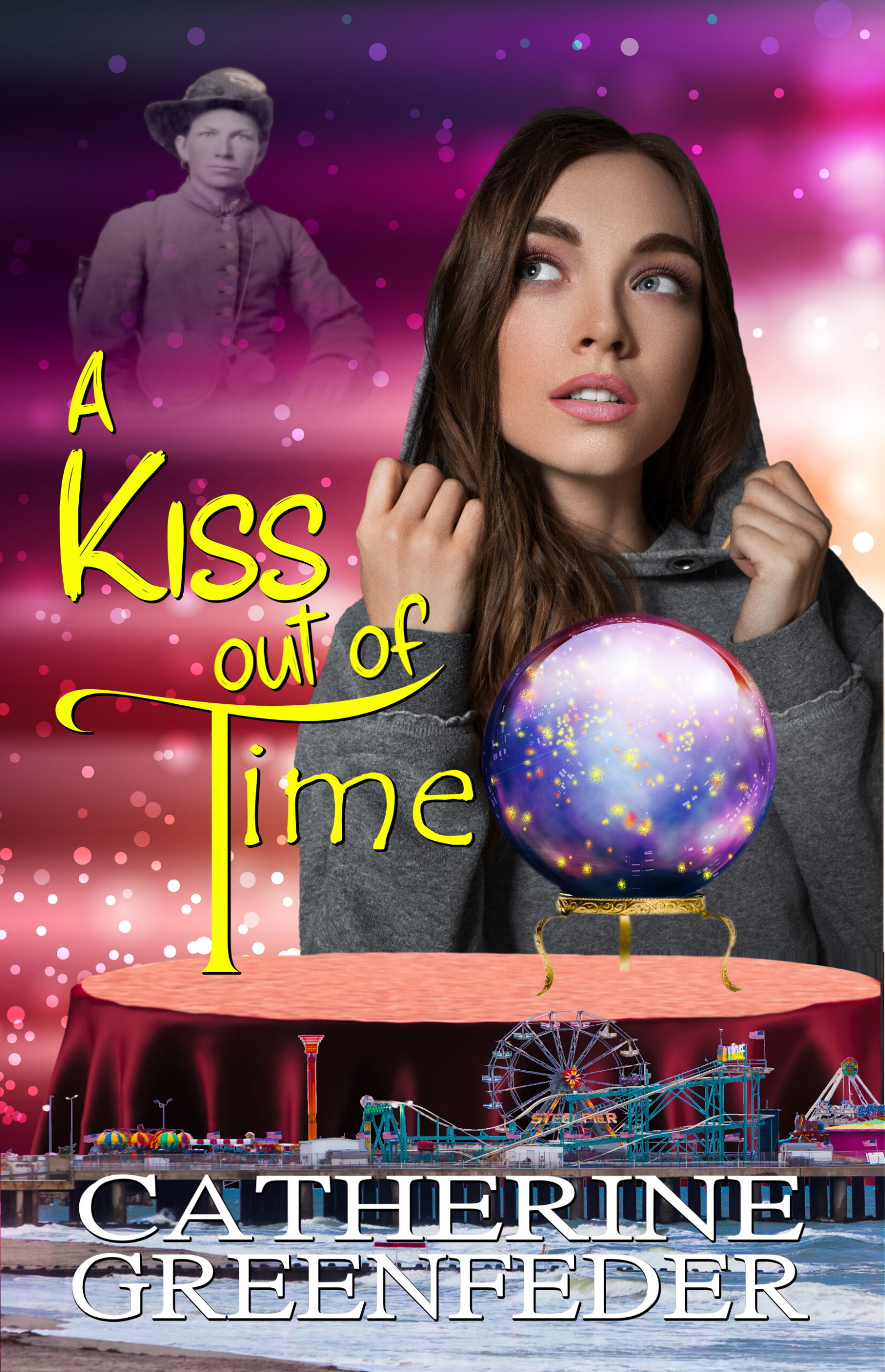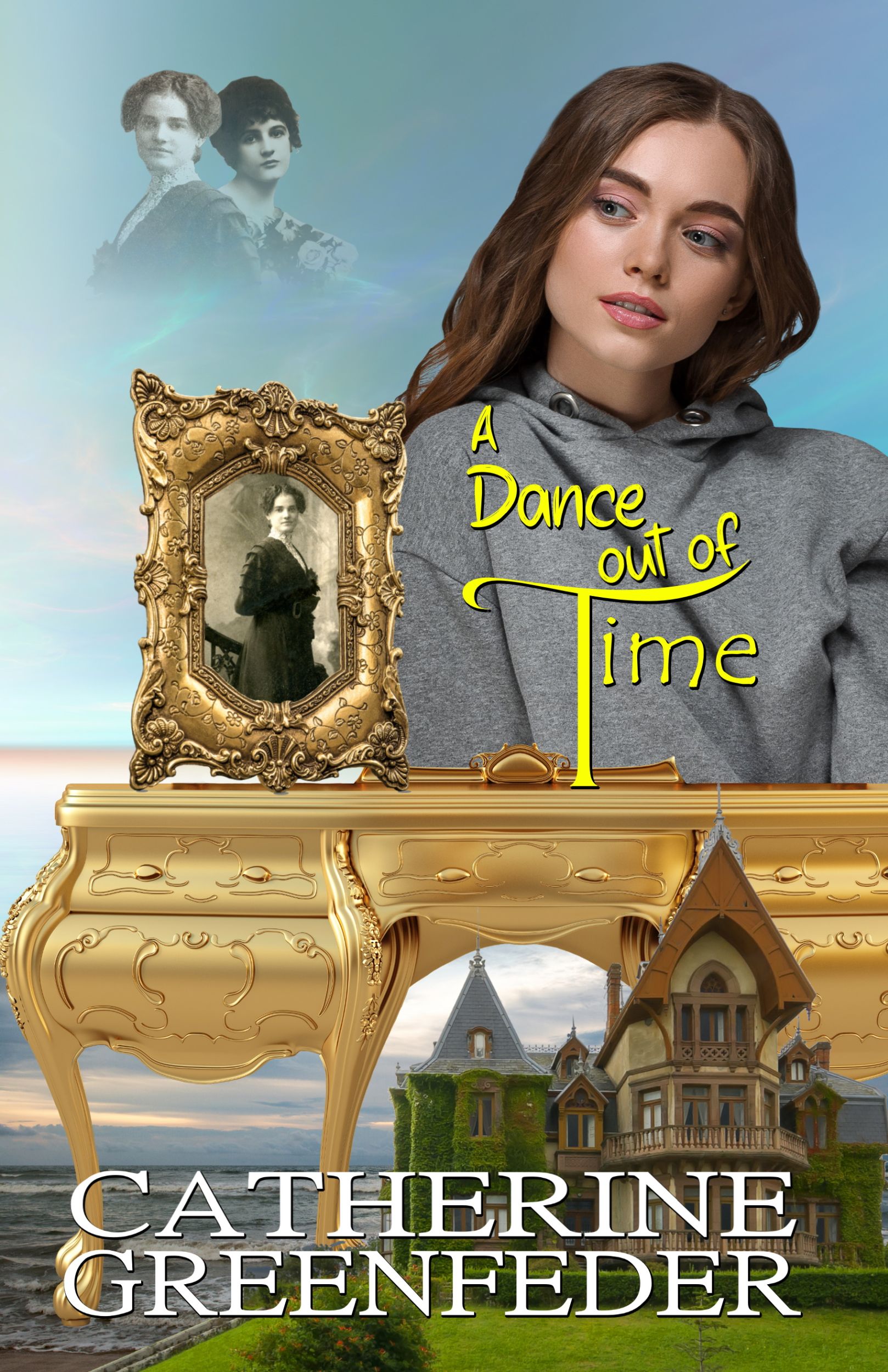
I recently had a chance to meet a very prolific, funny, and talented author through The Montclair Write Group, an organization of diverse writers which provides opportunities to network, hone one’s craft, and encourage writers to write.
Hank Quense put together the Montclair Write Group’s Virtual Festival this past May. He shared on his experience and advice for others who wish to write.
When did you first realize that you wanted to be a writer?
When I was 50 years old, I decided my next career would be as an author. So, I started writing scenes and other stuff on my commute to Manhattan. Several years later, the corporation came out with an early retirement package, and it was quite lucrative in my case. So I took the money and ran.
How many books have you written? Do you have any favorites? If so, why are they your favorites?
I’ve probably written over 50 including the duds. My favorite book is always the last one I wrote.
Are you a pantser or a plotter?
Definitely a planner. For a novel, I spend up to three months developing characters, the plot, the setting and the scenes before I start writing the first draft.
What kind of research do you do, and how long do you spend researching before beginning a book?
I do no research. I write sci-fi and fantasy so I just I make it all up.
How many hours a day do you write?
I work (writing, business, marketing) almost all morning. I usually start around 6:00 a.m. and end around 10:30 a.m. or 11:00 a.m.. Some days, I do more work in the afternoon.
What is the most difficult part of your writing process?
Finding the ending of a new story idea is tough but equally difficult is editing. I’m comma-challenged so the editing is especially hard for me.
Do you believe in writer’s block?
I’ve never had it, but people say it exists so I guess it must. I think I’ve never experienced it because I always have multiple projects going on. If I don’t feel like working on my main project one day, I just work on another one for a few days then go back to the main one.
What is your favorite or easiest part of writing?
As a plotter, I really enjoy planning out a new story or a non-fiction book. I like planning.
Why did you choose to write in the genres you write?
I didn’t make a conscious decision about this. I just started writing stories, and they filled up with trolls, dwarfs, elves, aliens etc.
If you didn’t write, what would you do for work?
I’d be a Martian overlord.
How did publishing your first book change your process of writing?
It didn’t change my writing process, but my first two books were published by a small company. I found that experience so distasteful, I went into self-publishing.
What’s the best way to market your books?
I think there are two important ways to marketing your book. One is to have a great landing page (i.e. your Amazon page) and two, get lots of reviews. Granted these aren’t easy, but you have to put in the time and energy on them.
How long does it take, on average, for you to write a book?
This takes just about a year from the time I start working on it until it gets published. That’s after I spent a good deal of time thinking about writing it.
What are you working on now?
Several years ago, I wrote and published a book on fiction writing called Creating Stories. My current main project is to write a new edition of this book targeted at middle and high school students. It uses an info-graphic approach and is quite different from all the other books I’ve written. You can find Hank Quense’s books on Amazon, Barnes & Noble, and on his website.
For more on Hank Quense and to discover his books, please visit his website at https://hankquense.org/
